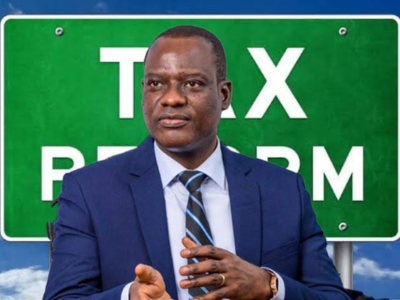Nigeria to Seek OPEC Quota Increase to 2 Million Barrels Amid Production Surge
- by Editor
- Oct 22, 2025

Credit:
Nigeria will formally request an upward revision of its oil production quota to at least two million barrels per day at the upcoming November summit of the Organisation of the Petroleum Exporting Countries (OPEC), Minister of State for Petroleum Resources Heineken Lokpobiri announced Tuesday.
Speaking to the Nigerian Upstream Petroleum Regulatory Commission (NUPRC) media team, Lokpobiri argued that the current 1.5 million bpd cap no longer reflects Nigeria’s production capacity, which now hovers around 1.7 million bpd including condensates. “By November... we’ll make a strong case for Nigeria’s quota to be reviewed to two million and above,” he said, citing verifiable output data, domestic supply obligations under the Petroleum Industry Act (PIA), and ongoing capacity assessments.
The push marks a significant rebound from the 1 million bpd recorded when Lokpobiri assumed office in 2023. Enhanced security measures have curbed theft and pipeline vandalism, resulting in 100% delivery rates. Rig counts have surged from 14 to nearly 50, with further increases expected by year-end. Meanwhile, divestments by international oil majors have empowered indigenous firms: Renaissance added 60,000 bpd following Shell’s exit, while Seplat gained 40,000 bpd from ExxonMobil.
Lokpobiri praised NUPRC Chief Gbenga Komolafe for fostering investor confidence through PIA enforcement, positioning Nigeria as a regulatory model on the continent. He also highlighted the role of the African Petroleum Regulatory Forum, led by NUPRC, in amplifying Africa’s voice on equitable energy access.
President Bola Tinubu’s executive orders have helped reduce Nigeria’s per-barrel production costs from above the global average of $12 toward Saudi Arabia’s benchmark of $8. Lokpobiri criticized Western nations for what he called “hypocrisy” in the energy transition debate. “Africa contributes less than three percent of global emissions… We must use hydrocarbons to fund our energy mix—solar, hydro, wind,” he said, rejecting the notion of borrowing to meet energy needs.













0 Comment(s)